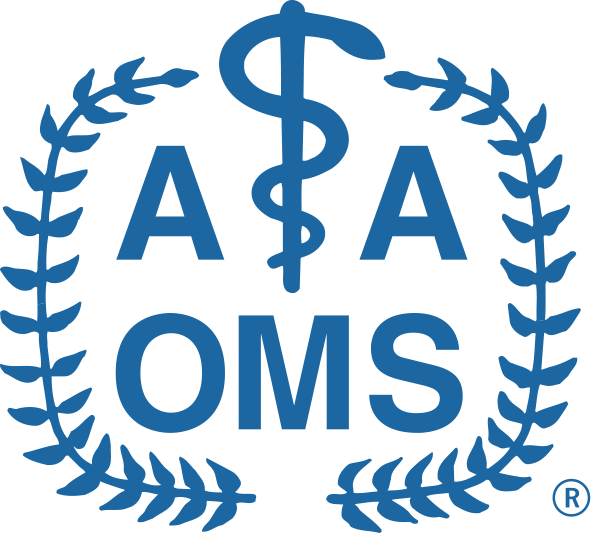Aug. 28, 2017, ROSEMONT, Ill. – In response to the nationwide opioid epidemic, the American Association of Oral and Maxillofacial Surgeons (AAOMS) released prescribing recommendations today that urge ibuprofen – rather than opioids – to be used as a first-line therapy to manage a patient’s acute and post-surgical pain.
Recognizing the value and importance of the doctor-patient relationship, the AAOMS White Paper “Opioid Prescribing: Acute and Postoperative Pain Management” stresses that practitioners should be allowed to make individualized pain management decisions for their patients – including drug types, dosages and treatment durations.
If opioids are considered, AAOMS recommends doctors begin with the lowest possible effective dose for the shortest duration possible. Long-acting or extended-release opioids should be avoided as a starting treatment, the document advises. As an alternative, doctors are reminded that ibuprofen and acetaminophen – taken simultaneously – can rival opioids in their analgesic effect.
“Patient safety is the top priority of the American Association of Oral and Maxillofacial Surgeons,” said AAOMS President Douglas W. Fain, DDS, MD, FACS. “Therefore, AAOMS has taken a leadership role in combatting the opioid epidemic afflicting this country. It is crucial for our doctors to responsibly prescribe based on individual patient needs and to use non-opioids when appropriate.”
When using opioids to manage acute and post-surgical pain, it is recommended that doctors prescribe them safely and expertly, use the state’s prescription-drug monitoring program, and inform patients and their families about opioids’ potential risks as well as safe use, storage and disposal. Doctors also should remain aware of the most recent public health trends, including potential alternatives to opioids, the document advises.
The white paper recommendations are the work of a Special Committee on Opioid Prescribing appointed by the AAOMS Board of Trustees this spring.
“While oral and maxillofacial surgeons should ultimately make all final prescribing decisions, the recommendations in this AAOMS White Paper are intended to provide direction and serve as a supportive resource,” the document states.
Among recommendations:
- Prescribe non-steroidal anti-inflammatory drugs (NSAIDs, generically known as ibuprofen) as first-line pain-relief therapy, unless they are harmful to the patient. In that case, providers should prescribe acetaminophen.
- Document dosage levels and times of administration of ibuprofen and acetaminophen taken simultaneously to prevent overdosage.
- Inform patients not to exceed 3,200 milligrams of ibuprofen per day. In addition, the maximum recommended daily dose of acetaminophen is 3,000 milligrams.
- Access the state’s prescription drug-monitoring program or other resources if patient drug misuse is suspected.
- Document all instructions for each patient’s pain relief and prescriptions.
- Document reasoning for not following these recommendations or those required by state laws or institutions.
- Consider using a corticosteroid during surgery to limit swelling and lower post-surgical discomfort after wisdom teeth removal.
- Consider using a long-acting local anesthetic to postpone the onset and severity of post-surgical pain.
According to a 2017 AAOMS survey of its fellows and members, nearly 50 percent of respondents have decreased the number of narcotics they have prescribed for wisdom teeth extraction cases in the last two years. In addition, nearly 72 percent of respondents said they would refill a narcotic pain prescription only if they see the patient first.
The AAOMS white paper is available online at {filedir_26}opioid_prescribing.pdf.
For information on managing chronic pain, the white paper refers to the Centers for Disease Control and Prevention’s Guideline for Prescribing Opioids for Chronic Pain.


